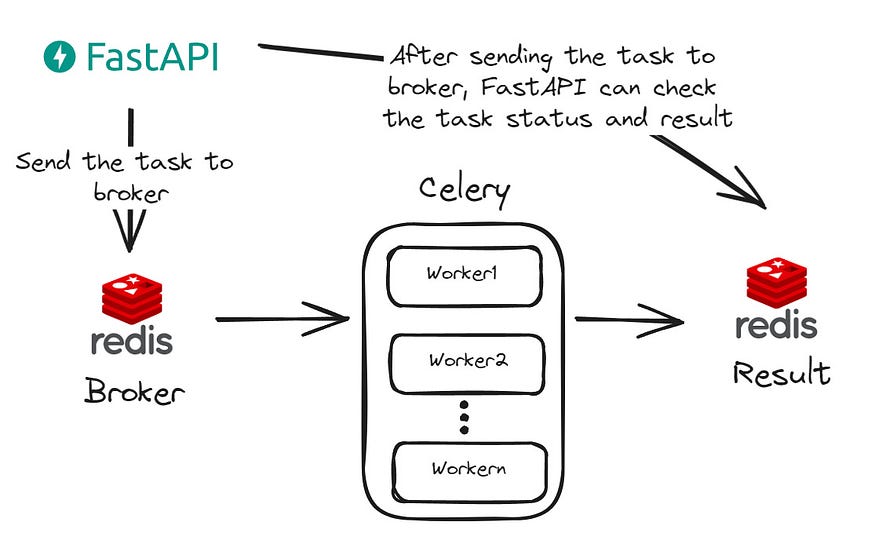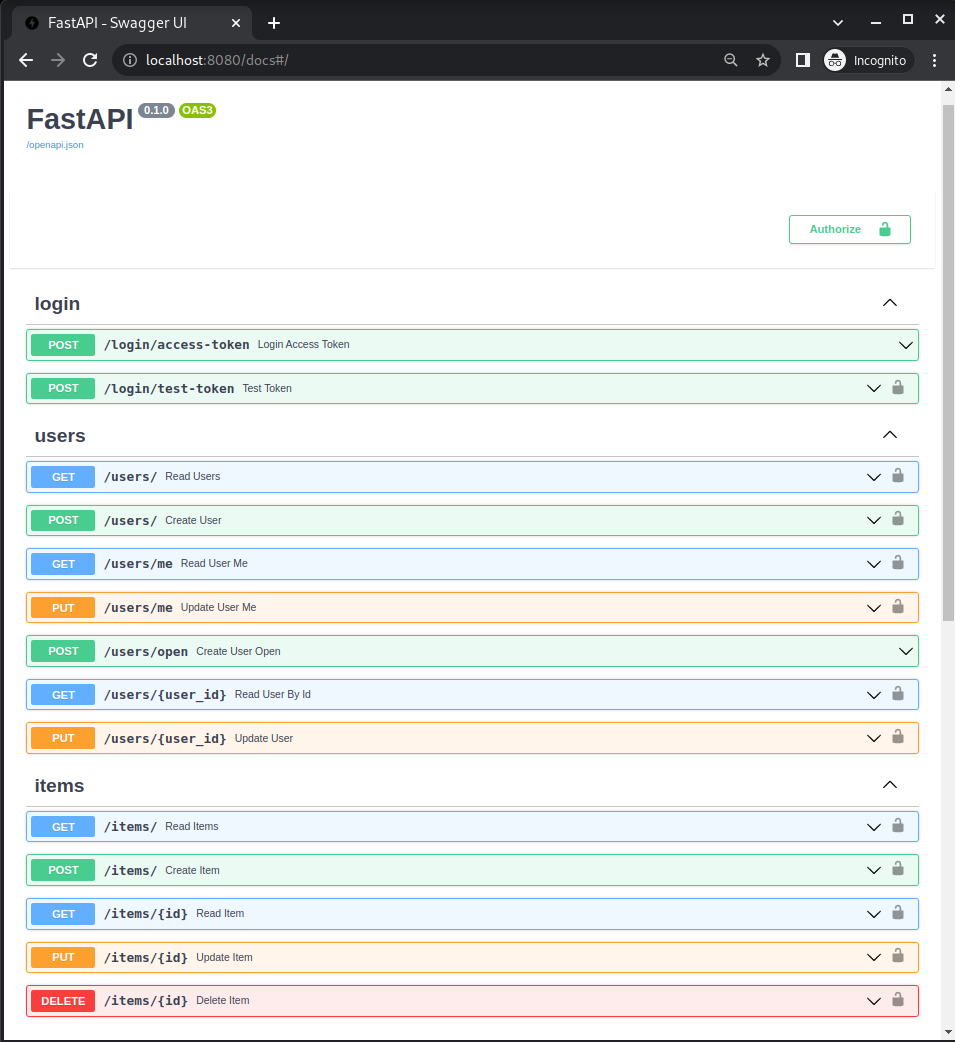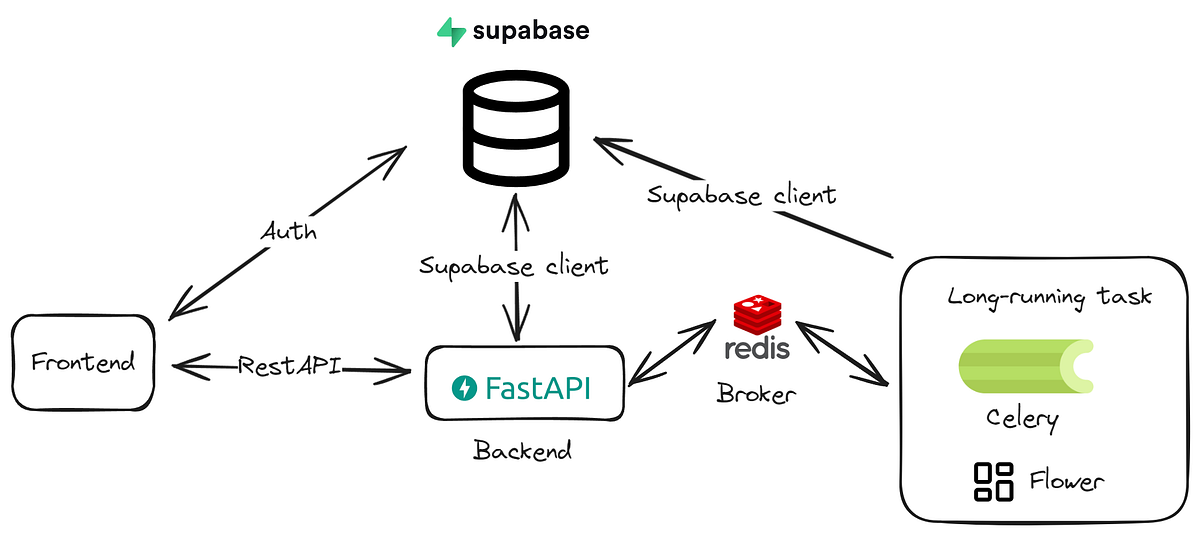Fastapi Templating
Fastapi Templating - It is primarily intended for writing api, but we can use it for the traditional approach — templating. You can install it directly from pypi with pip. Return jinja2templates(directory=.) and then in your views: It is designed specifically for hosting, using, and creating python applications. However, you can also use this web framework to render html templates and create websites with the help of the htmlresponse class (can be imported from fastapi.responses ) and the jinja2templates class (can be imported from fastapi.templating ). Otherwise it won't be able to install sqlalchemy. Poetry version must be greater or equal than 1.1.8. Basic fastapi app deployment on linode. Today, i learnt how to use fastapi to serve html web apps. Pydantic schemas & data validation. You can install it directly from pypi with pip. Web made with material for mkdocs. ⚠️ git, python and poetry must be installed and accessible ⚠️. Hx() only triggers html rendering for htmx requests, while page() unconditionally renders html, saving you some boilerplate code. By the end of this article, you will have a basic understanding of how to create a web application with fastapi and render dynamic html templates. See the example code below: Pydantic schemas & data validation. Web our simple web app with fastapi, forms, and jinja templates. Today, i learnt how to use fastapi to serve html web apps. Before that, we need to make some folders and files. Read more about it in the fastapi docs for templates. Web if so, you've come to the right place! To start serving html and htmx requests, all you need to do is create an instance of fasthx.jinja and use its hx() or page() methods as decorators on your routes. App = fastapi() templates = jinja2templates(directory=/) app.mount(/, staticfiles(directory=/)) @app.get(/) Web fastapi framework, high performance, easy to learn, fast to code, ready for production. Otherwise it won't be able to install sqlalchemy. Web fastapi is often used to develop backend apis. Fastapi is a relatively new web framework for python. Hx() only triggers html rendering for htmx requests, while page() unconditionally renders html, saving you some boilerplate code. It is primarily intended for writing api, but we can use it for the traditional approach — templating. By the end of this article, you will have a basic understanding of how to create a web application with fastapi and render dynamic html templates. This tutorial will cover how to use templates in fastapi. Web fastapi is a modern web framework that is relatively fast and used for building apis with python 3.7+ based on standard python type. Web i am facing the following issue while trying to pass a value from an html form element to the form's action attribute and send it to the fastapi server. Hx() only triggers html rendering for htmx requests, while page() unconditionally renders html, saving you some boilerplate code. Poetry version must be greater or equal than 1.1.8. Web you can. Web i am facing the following issue while trying to pass a value from an html form element to the form's action attribute and send it to the fastapi server. Web fastapi is a modern web framework that is relatively fast and used for building apis with python 3.7+ based on standard python type hints. Web we will be using. Web we will be using jinja as our templating language. In this article, we'll explore how to build a web application using fastapi, a modern and efficient web framework. Web fastapi framework, high performance, easy to learn, fast to code, ready for production. It is designed specifically for hosting, using, and creating python applications. ⚡ fastapi for the python backend. In this article, we'll explore how to build a web application using fastapi, a modern and efficient web framework. Set it up as a depends construct in a separate file (dependencies.py, app_services.py, __init__.py or wherever): I am trying to pass a custom object (a list of dict in this case) to a jinja2template using fastapi; However, it seems that it. A common choice is jinja2, the same one used by flask and other tools. I am trying to pass a custom object (a list of dict in this case) to a jinja2template using fastapi; Poetry version must be greater or equal than 1.1.8. Fastapi framework, high performance, easy to learn, fast to code, ready for production. Web our simple web. It is primarily intended for writing api, but we can use it for the traditional approach — templating. It is designed specifically for hosting, using, and creating python applications. Otherwise it won't be able to install sqlalchemy. Web our simple web app with fastapi, forms, and jinja templates. There are utilities to configure it easily that you can use directly. Poetry version must be greater or equal than 1.1.8. Setting up a database with sqlalchemy and its orm. Pydantic schemas & data validation. Fastapi framework, high performance, easy to learn, fast to code, ready for production. Web we will be using jinja as our templating language. See the example code below: Hx() only triggers html rendering for htmx requests, while page() unconditionally renders html, saving you some boilerplate code. Return jinja2templates(directory=.) and then in your views: Web full stack, modern web application template. You can import it directly from fastapi.templating: 🧰 sqlmodel for the python sql database interactions (orm). Setting up a database with sqlalchemy and its orm. By the end of this article, you will have a basic understanding of how to create a web application with fastapi and render dynamic html templates. Web you can also use the dependency injection feature in fastapi to inject the templating context. Fastapi is a relatively new web framework for python. Set it up as a depends construct in a separate file (dependencies.py, app_services.py, __init__.py or wherever): Basic fastapi app deployment on linode. ⚡ fastapi for the python backend api. Setting up a database with sqlalchemy and its orm. 🔍 pydantic, used by fastapi, for the data validation and settings management. It is designed specifically for hosting, using, and creating python applications. I have added a comment '#new' for the new files and folders that need to be created. Web fastapi is a modern web framework that is relatively fast and used for building apis with python 3.7+ based on standard python type hints. In my project folder i have a basic index.html file plus static files (js, css) as well as my main.py: To start serving html and htmx requests, all you need to do is create an instance of fasthx.jinja and use its hx() or page() methods as decorators on your routes. Web templates allow developers to dynamically generate html responses, blending backend logic with frontend presentation. Today, i learnt how to use fastapi to serve html web apps. Before that, we need to make some folders and files. There are utilities to configure it easily that you can use directly in your fastapi application (provided by starlette). Pydantic schemas & data validation.FastAPI Template for LLM SaaS Part 2 — Celery and Pgvector Towards AI
GitHub roshie/FastAPItemplate FastAPI w/ MySQL Quickstart Boilerplate
Fastapi Templating
Fastapi Template Open Source Agenda
iAApi FastAPI Template. Proyecto base para la creación de una… by
Template to deploy a Python API to AWS with FastAPI and Serverless
GitHub littlepea/fastapiprojecttemplate A Template started project
GitHub BiteStreams/fastapitemplate A FastAPI project template using
FastAPI Template for LLM SaaS Part 1 — Auth and File Upload by
GitHub seapagan/fastapitemplate Configurable template for a FastAPI
I Am Trying To Pass A Custom Object (A List Of Dict In This Case) To A Jinja2Template Using Fastapi;
Web We Will Be Using Jinja As Our Templating Language.
Web Made With Material For Mkdocs.
Fastapi Framework, High Performance, Easy To Learn, Fast To Code, Ready For Production.
Related Post:






